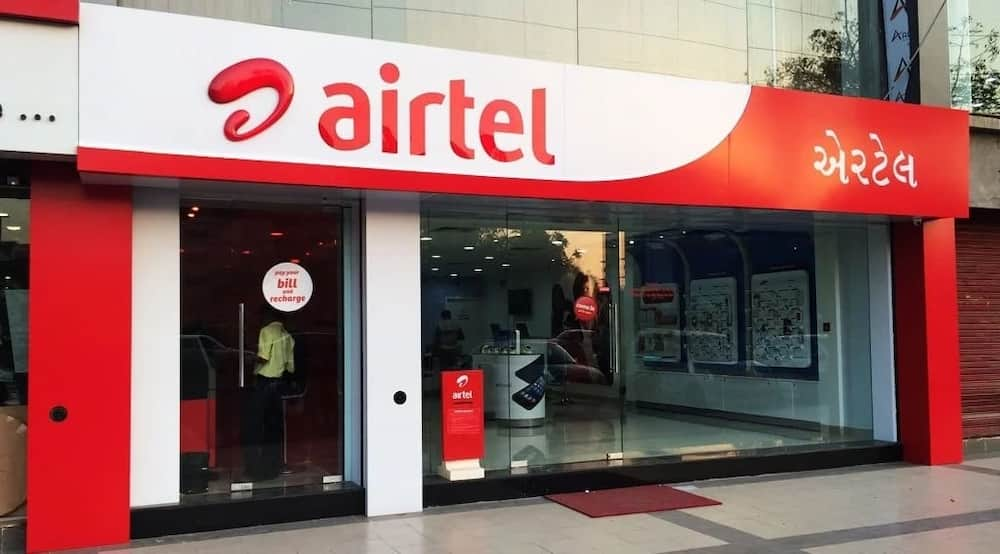advertisement
Airtel Kenya Puts Blame On Regulator for Safaricom’s Dominance In The Market

Airtel Networks Kenya and its predecessors have been trying to get a bigger stake in the country’s telecoms industry for years with no success. The telecoms company has now accused the regulator, Communications Authority of Kenya (CA) of allegedly ignoring market dominance by Safaricom.
In a petition to parliament, Airtel blamed the regulator for inclined allocation of mobile spectrum in favour of Safaricom and failure to reduce the fees that mobile phone operators charge each other for interconnecting calls.
“There has been no dispute as to the status of Safaricom as regards its dominance status and significant market power. However, there has been reluctance in declaring Safaricom dominant in the retail mobile market and the retail mobile money market,” Airtel said in a memorandum to the ICT committee of the Senate.
advertisement
According to data by the Communications Authority of Kenya (CA), Safaricom held 64% of the local market, more than double Airtel’s 27%, as at the year ended June. Telkom hold 7% of the market.
Airtel has cited eight African nations where operators had been declared market-dominant with even lower thresholds than Safaricom’s.
“Declaring Safaricom dominant is the first step to ensuring market competitiveness which we believe has been the sticking point and key barrier in taking any steps to rectify any market anomalies in Kenya,” Airtel said in its submissions to the Senate.
advertisement
“A notion has been perpetuated that declaring Safaricom a dominant player is punishing success, which in our view is blatantly myopic.”
The telco also cried foul to the senate committee saying that there was bias in the allocation of spectrum, with Safaricom holding much more than other players in the industry.
“Despite investing heavily in the network to improve customer experience, we continue to grapple with lack of spectrum especially in 4G/LTE which as advised by the CA is unavailable, yet the dominant player holds excessive spectrum,” Airtel said.
advertisement
Airtel’s petition to Parliament shows that it has been allocated 50 MHz of the spectrum compared to 82.5 MHz for Safaricom and 37.5 MHz for Telkom Kenya.
The telco said CA’s failure to review the fees that mobile phone operators charge each other for interconnecting calls since 2015 has continued to favour Safaricom, which also enjoys more subscribers.
The charges commonly referred to as mobile termination rate (MTR) have remained at Sh0.99 for the past six years, prompting the intense lobbying by Airtel.
Industry data shows that the rate has been falling gradually from a high of Sh4.42 in 2011 to the current Sh0.99, which has been in place since 2015, marking a freeze of more than five years.
A previous cut in the rate in 2010 from Sh 4.42 to Sh2.21 sparked a price war between Kenyan telecoms operators.